Herbicides

GT (Glyphosate-tolerant) crops were introduced into our agricultural system in 1996 and have spread throughout our world. It is estimated that 85 present of our global crop lands are planted with (GM) genetically modified crops. Roundup which is the most widely used commercialized herbicide primary ingredient is glyphosate is the choice for most farmers around the world.
Finding studies that haven’t been funded by self interested corporations and government bodies has been difficult. Good news for those of us that wish to read alternative reviews and research, there are now new studies, however they are not getting reported by the US media or scientific journals.

I figured it’s because scientist, universities, and the media don't want to bit the hand that feeds them.
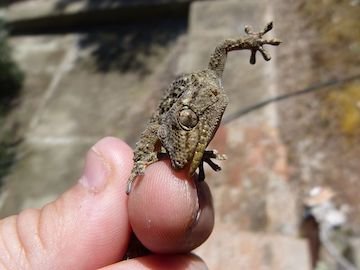
Regulators have looked the other way for years regarding the emergence of super-weeds, allergens, and sterilization of our agricultural soils. More than 1.8 million tons of glyphosate since its introduction in 1974. Worldwide, 9.4 million tons of the chemical have been sprayed onto fields, 2016 Report.

It has been found glyphosate deactivates the shikimate pathway, which is used to transport essential enzymes and minerals, nutrients essential for plant growth and immune systems. Most forms of life have gut bacteria with shikimate pathways, you would think that scientist would know that.
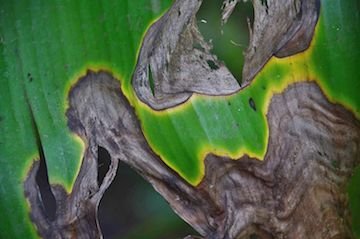
One of the reasons glyphosate has been promoted safe is because mammals don’t have a Shikimate pathway. However, our gut biome does and our food, dirt and even the air we breath is full of glyphosate.

When I first read about the adverse effects of glyphosate on my gut bacteria I immediately thought about the flora and fauna found in dirt, which work symbiotically with plants as a transport system for essential nutrients absorbed through the plants roots. I am so thankful for the internet. I did so many searches trying to find research that wasn't funded by chemical companies and government funded grants. I couldn’t find any independent research material. That has changed in the last couple years. There are many more independent labs and research scientist that are not dependent on big chemical companies and governments for research funding.
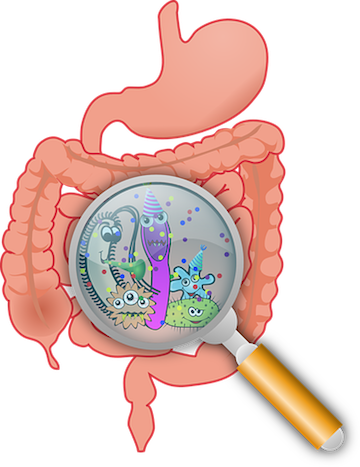
Glyphosate has many negative effects on crop health. The chemical does not stay on the plant to eventually dissipate with time. The chemical spreads through binding with minerals, which leaches into our ecosystem.
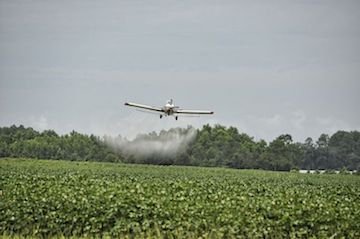
The glyphosate tolerant plants that are genetically modified to tolerate glyphosate take in glyphosate throughout their system, including the root system, which affects the soils community of microorganisms and future crops.
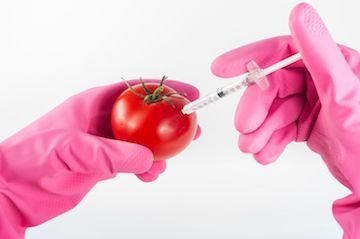
Two senior scientist, Don Huber, recently retired from Purdue University, and co-author G.S. Joha, in the USA have been researching ecological changes that might be caused by glyphosate and the Roundup Ready genetically modified agricultural system have been writing papers warning about long term negative impacts using chemicals.
Warnings include lost mineral content, reduced reproductivity, and sterilization of our soil. I remember reading several stories about people, domestic, and wild animals becoming seriously ill and even dying by the thousands from mold, fungus, and other diseases that used to be harmless.
It has come to light through independent research glyphosate has become a large factor in plant diseases and toxins. Don Huber a retired scientist from Purdue University co-authored with G.S. Gohal, from Purdue’s dept of botany and plant pathology, wrote a paper published in the October 2009 issue of European Journal of Agronomy that the huge increase in the use of glyphosate in the US can increase the severity of plant diseases. Which makes sense because it is known to kill plants through the shikimate pathway that is also part of all plants immune system and binds with minerals in the soil, cutting off important nutrients to the plants root system.
It is also been found glyphosate can increase the growth and toxicity of fungi like Fusarium, which effects a wide variety of crops. Big Ag has ignored the warnings so far, especially when it comes to plants and ecosystems outside of croplands affected by the spread of glyphosate

The fungus can infect wheat through the reduction of manganese uptake, making it vulnerable to fungal infections. Most wheat fields are sprayed with herbicide to reduce weeds and just before harvest, which causes vigorous growth and desiccation of the wheat head.

Glyphosate blocks the uptake of not just manganese, but also copper, calcium, zinc, and magnesium. This not only weakens the plant but it also weakens the mammals that use wheat as a food source. We all need these minerals for our health. I think this is why we not only see an increase in plant disease but also human, wild, and domestic animal diseases.
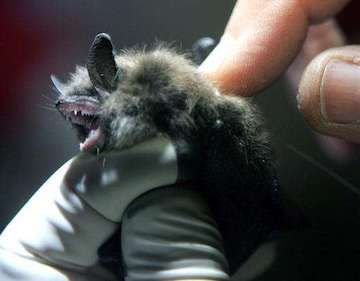
The increase in plant disease for the last 18 years are Fursarium, Phythium, Rhizocccctonia, and phytophthora, which are the cause in scabs or heads of corn, root rot in soybeans and crown rot in sugar beets. Fursarium fungus cases head blight in grain crops and produces a mycotoxin that has been introduced into our food chain. Hubar has reported there are now over 40 plant diseases caused by the use of glyphosate and the number is growing. It is apparent on so many levels that glyphosate is not environmentally benign as reported by the people who make a living from this herbicide.


 A link to My Blog
A link to My Blog